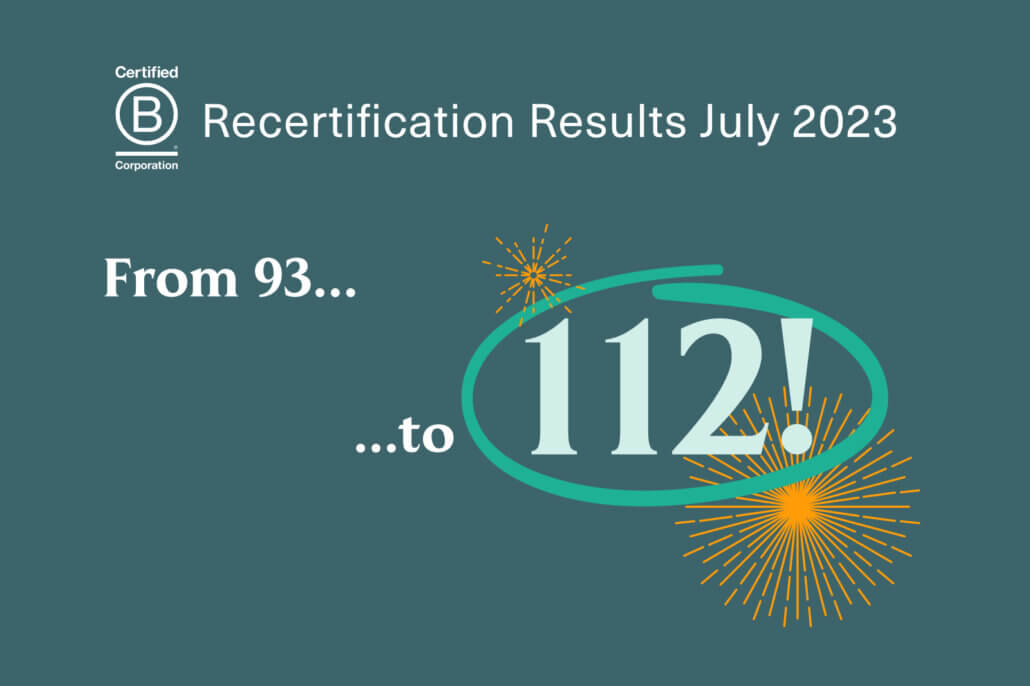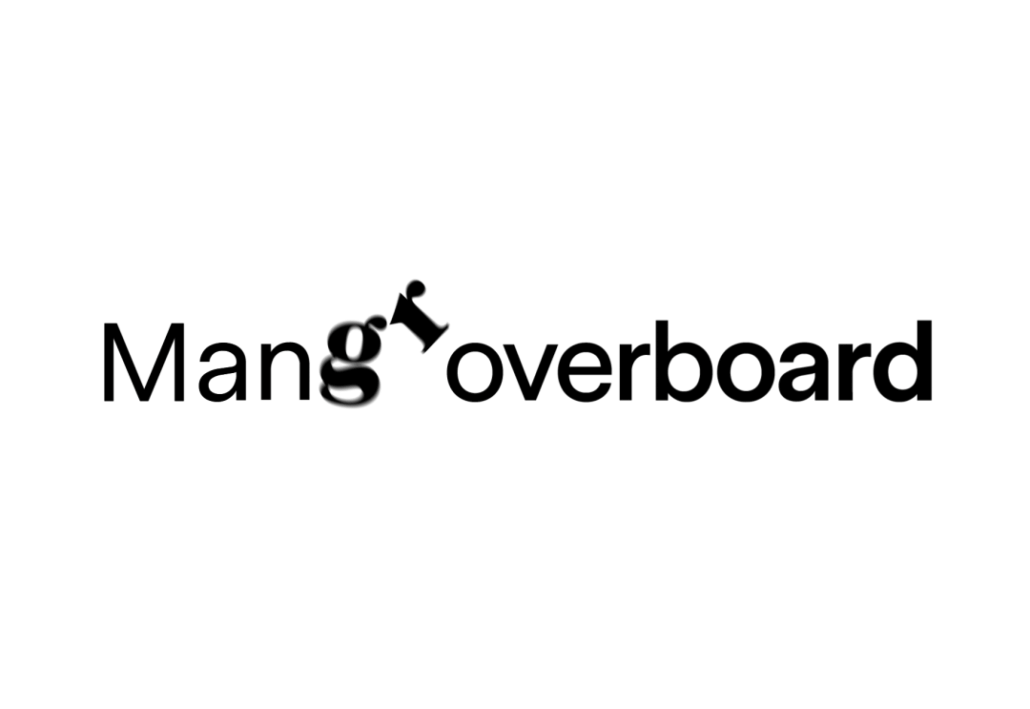Earth Month Musings
Sharing more than beautiful landscapes

We had a learning experience this week as we prepared a social media post to celebrate Earth Day. As a Certified B Corporation, we strive to align ourselves with the movement of “Business as a Force for Good.” Our values include a commitment to dismantling white supremacy and oppressive systems. But, we make mistakes and have blind spots.
Without much forethought, we planned a photo slideshow to celebrate the “beautiful places that inspire our team to stay committed to sustainability.” Photos from our team members poured in. Beautiful animals and lush landscapes appeared on the Slack thread as teammates excitedly shared the places that inspired their commitment to sustainability. It felt like we were embodying one of our values, Exploration and Creativity, as we told the stories of our explorations across the world.
Then Marie, one of our Partners, spoke up to express that our approach felt off base and out of touch with Mangrove’s values. She asked us to pause and reflect on why we felt the need to only show places as inspiration when the thing that inspires her to stay committed to sustainability is the people who are most affected by climate change.
Marie wrote, “For me, Earth Day is about nature, but it’s not always about the beauty or about remote or exotic places. It’s also about destruction. It’s also about people. It’s also about what’s being taken and what is left behind and what was there before. It’s also about the systems that perpetuate environmental destruction.”
Our Marketing Team realized that our prompt had unintentionally perpetuated the idea that the only environment worth celebrating or being inspired by is beautiful, untouched, “wild” nature. Addressing nature and Earth Day in this way bypasses the racism and classism that has become “instinctive” within the environmental movement. It separates nature from the humans, animals, and other living beings that call these places home. It almost always erases the Indigenous communities that steward and protect the land.
Marie shared two resources that were helpful in developing our thinking and reflection.
1. The definition of climate justice in B Lab’s Climate Justice Playbook: “Climate Justice is the recognition that climate change is a human-made crisis that has primarily been wrought by those with economic power and privilege, while the effects of climate change have a disproportionately negative impact on the historically marginalized and underserved – primarily people of color and low income communities around the world. Climate Justice means advancing climate solutions that link human rights and development in a human-centered approach, placing the needs, voices and leadership of those who are most impacted at the forefront.”
2. ‘Why I Dislike Earth Day,’ a clear and powerful article by Minnesota high-school student Sophia Manolis. Here’s the key section highlighted by Marie that speaks directly to one facet of how our approach was problematic.
“Every year, I see countless pictures on social media showcasing all of the most beautiful wilderness areas people have visited. While we do need to appreciate nature, this perpetuates the idea that people can only care about the environment if they have visited these places. In reality, wilderness areas are still quite inaccessible to many people because of financial and time reasons. Additionally, racism against POC is still perpetuated in many wilderness places and it is therefore a cultural norm for primarily white people to go on outdoor trips. Focusing so heavily on the appreciation of wilderness areas on Earth Day alienates many POC and low-income people from celebrating it. It also makes us forget the reality that the environment is all around us, and we can appreciate it wherever we are — not just in natural parks.”
With this knowledge, how did we pivot our Earth Day communications to include an intersectional approach? We’ve decided to omit our “wonderful wild places” post in favor of this honest reflection on our biases and blind spots when it comes to environmentalism. We have reviewed the rest of our Earth Month commentary to consider if we have taken an intersectional approach. In the future, we’d like to understand how we can create processes for communications planning that embody our values and center equity instead of it being an afterthought.
We are also inviting team members to use professional development funds to undertake the learning challenge presented in B Lab’s Climate Justice Toolkit. We’ll be using this reflection as the starting point in one of our future DEI all-team meetings.
A Certified B Corp, Mangrove is a woman-owned website design and development company with a diverse, talented team distributed around the globe. We’ve been building websites since 2009 that amplify the work of change-making organizations and increase the competitive power of businesses owned by historically marginalized people.
If you found this post helpful, subscribe to our monthly newsletter for notice of future posts and other news from us.




